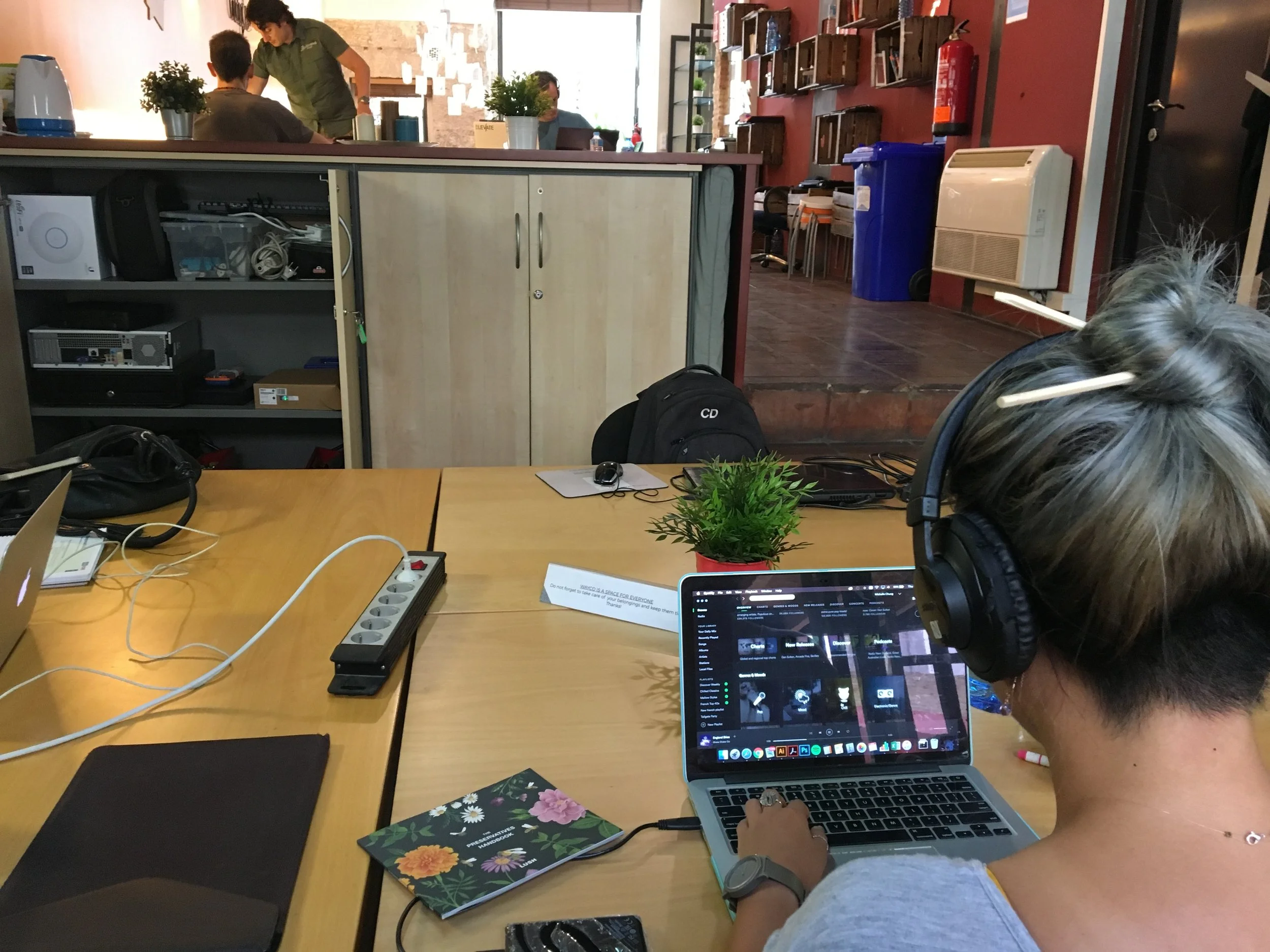What’s really driving people back to the office?
Clue 1: It’s not the office.
Clue 2: It’s not collaboration either.
I recently had the pleasure of attending a session led by Hannah Nardini on WKSpace’s latest research* into why people are really heading back to the office. It was independent, candid, and refreshingly free of agenda, aside from the unspoken one we were all silently nodding along to: “What are we doing here?”
The session was easily the highlight of the whole event for me. Not just because Hannah is a brilliant speaker and a formidable presence in the industry, but because it was honest. No fluff. No posturing. And, as the only person in the room not solely working in the Workplace sector, I had the luxury of being a wholly objective observer.
Here’s what we know: average office attendance is creeping up from two to three days a week. What started as a gentle nudge has become more of a strategic shove, and in many cases, an outright mandate.
The go-to justification? Collaboration!
But if you’ve been paying attention (or have, say, a functioning BS detector), you’ll know that this doesn’t quite add up.
To be clear: I’m not downplaying the value of collaboration or face-to-face connection. Both are vital. What I am questioning is whether being in an office three days a week is the magic number required to achieve it.
According to the research, the real driver behind office returns isn’t joy, connection, or even decent coffee, it’s compliance. That’s the bit that makes me wince. In fact, 58% of people said they feel pressured or obligated to return. And 67% said they’re doing it because they believe it’ll help their career progression.
In other words: it’s not love, it’s fear.
Hannah doesn’t mince her words: “Offices are failing people.”
They’re too noisy, too distracting, too sterile. They don’t support hybrid work properly. 55% of people report feeling more stressed in the office. (The very place we’ve been told is designed to help us work better.)
So, with millions being spent on swanky refurbishments and workplace design, why this chasm between what people need and what they’re getting?
Maybe it’s because too many office designs prioritise collaboration zones at the expense of focus areas. Maybe it's because designing for neurodiversity and accessibility is still being treated as a bolt-on, rather than being baked in from the start.
Let’s zoom in on productivity: 29% of workers say they get more done in the office. But dig deeper and you’ll find it’s Gen Z propping up that stat - often because they don’t have a suitable setup elsewhere. For others, being in the office is simply about managing teams more easily in person. Fair enough. But still, it’s not exactly a ringing endorsement of the “magical collaborative hub” narrative.
So, what’s missing? A better understanding of user needs, right from the start. And that’s where I come in.
Yes, it costs money (I know - the horror), but it’s also an investment. In your people. In your culture. In your space, and ultimately, in your performance. With 20 years of experience in understanding humans - what they say they want, what they really want - I can help you get it right the first time. Which, spoiler alert, will save you a lot in the long run.
And just like a great workspace, I tailor everything to suit your needs and your budget.
Let’s talk.
*Research conducted Q1 2025, with 50,000 office-based private sector workers across the UK (predominantly London). Ages 18–67. C-suite excluded.







